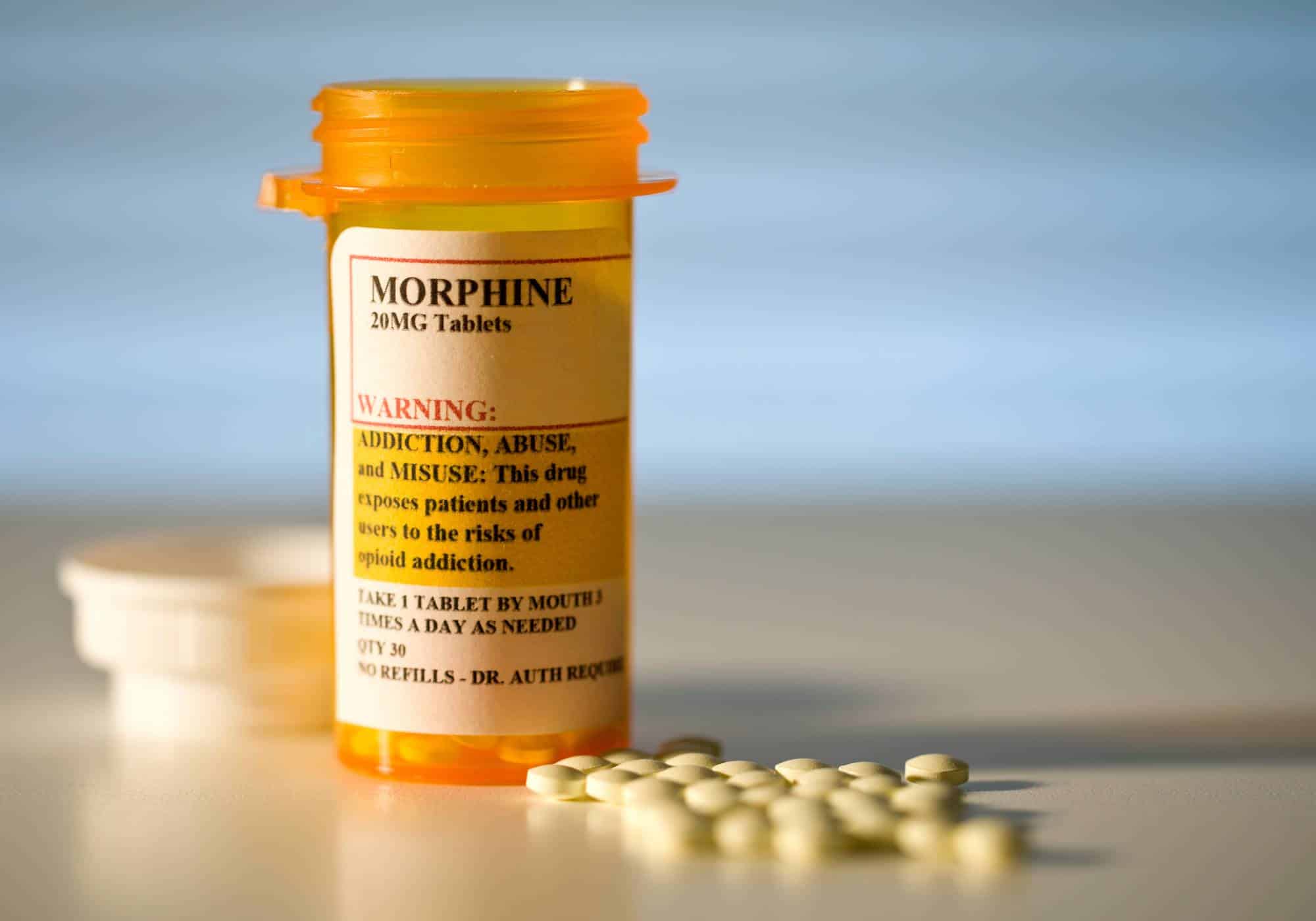Benzodiazepine drugs, or nervous system depressants, are frequently prescribed to people suffering from anxiety or insomnia. Xanax, Ativan, and Valium are a few common examples. However, Benzos can be pretty addictive, especially for those who witness frequent episodes of anxiety or panic attacks. An individual may develop an uncontrollable dependence on them, making it more difficult to face withdrawal. Therefore, doctors do not recommend abrupt discontinuation of these drugs — or quitting them ‘cold turkey’ — as it may lead to severe consequences.
Withdrawal symptoms may differ in intensity as there are several factors to be taken into account. Many psychologists and doctors have warned about benzos’ unprescribed use and subsequent withdrawal symptoms. Patients start experiencing rebound symptoms, which may lead to immediate relapse if not taken care of in time. Nevertheless, the process can be complex; it is best to know about these effects beforehand.
Typically, a person may start experiencing withdrawal symptoms within 24 hours, which may last for a few days to even months. While the intensity and the timeline of the symptoms are not definitive, it depends on several factors, including:
- Daily dosage
- Duration
- Unauthorized intake of drugs
- Underlying mental issues
- Some specific physical issues
Symptoms of a sudden benzo withdrawal include:
- Anxiety or panic attacks: The most common consequences of a sudden disruption of benzo consumption are anxiety and panic attacks. Most users get addicted to benzos because they help control anxious behavior. Therefore, when going through withdrawal, these symptoms become quite frequent. An individual may experience uncontrollable intrusive thoughts and mild to severe shortness of breath or heart palpitations.
- Poor concentration: As already mentioned, benzodiazepines are addictive in nature. Therefore, its withdrawal may result in issues like lack of concentration or poor retaining habits. It becomes very difficult for the person to remain attentive as they may lose their ability to focus and be mindful.
- Sensory distortions: A disturbed state of mind often leads to sensory distortions. Here, a real object is perceived to be misrepresented. The person may rightly recognize the object, yet there is a disfigurement in its appearance or position. However, the magnitude may depend upon the duration and dosage of the drug and how dependent the person has become on it.
- High blood pressure: A benzo withdrawal may also result in high blood pressure or hypertension. The patient’s BP may increase, causing headaches, dizziness, fatigue, confusion, and difficulty in breathing.
- Headaches and muscle pain: Some commonly reported physical symptoms of benzo withdrawal include headaches and muscle stiffness. It may be mild or intense, differing from one individual to another.
- Other: Other withdrawal symptoms include troubling dreams, sudden instances of fear or panic, nausea, sweating, irritability, mood swings, abdominal cramps, and face and neck pain.
About Hope Harbor Wellness/Atlanta Intensive Outpatient Programs
You must have understood the symptoms of withdrawal from Benzodiazepines. Hope Harbor Wellness offers the best addiction treatment in Georgia to help our clients experience life without substance use disorders. Our clients choose us for our proven treatment methods and high-quality, compassionate care. We offer an intensive outpatient program, a partial hospitalization program, and outpatient programs to fit the needs of different patients. Contact us at (678) 821-2081, email [email protected], or fill out our contact form.












